What Patients Want From Their Providers in 2019
The healthcare industry is constantly evolving—new technology, new discoveries, and new treatments are always altering our carefully constructed care paths.
Because of this, it can be challenging to stay on top of what is really important to a patient. It seems now that healthcare providers are expected to be a delicate balance of everything—academic yet personable; confident yet relatable; tough on illnesses yet mild-mannered toward people.
We know it can feel like a lot of pressure, but in order to continue to run a successful practice, it is necessary to be sensitive to the needs and wants of your patients.
So, with that being said, let’s take a look at what patients are looking for in 2019.
Looking Back at 2018
This past year in healthcare was largely focused around improving the patient experience.
With patients now more engaged in their care, they are looking for practices that check off nearly all of their boxes—whatever those may be for the individual.
Pretty much across the board, patients are now seeking healthcare providers who are honest, welcoming, and accessible. And it seems that most in the industry do (or at least should) understand this.
In fact, according to PwC, 49 percent of provider executives counted revamping the patient experience as one of their top three priorities over the course of the next five years. This includes collecting and evaluating data to truly understand what patients need and desire.
So, in 2019, we expect more of the same. With new sectors of connected devices and programs—such as IoT (the internet of things), interactive apps, and wearable technology—we can bet that more data than ever will be captured.
But what else can we expect patients to want from their healthcare provides in the year to come?
Transparency

Having online access to articles, research, and testimonials has allowed patients to be more active decision-makers in their care plans. They are now more inclined to ask for second opinions, referrals, or specific treatments.
Because of this, they expect the highest level of transparency from their providers. They want all the details on their ailments and conditions, and potential risks of procedures or medications.
Though practitioners should always be forthcoming with their patients, it’s become increasingly important that they lay out all options along with their recommendations, so that the patient can make an educated choice.
But they must also deliver all the facts in a compassionate way, as most patients consider bedside manner a big factor when evaluating a practitioner.
Healthgrades and the Medical Group Management Association did an analysis of seven million reviews and found that 52% of patients mention the need for their doctor to have at least one of the following: compassion, comfort, patience, personality, or bedside manner.
That’s why it’s important to ask patients questions, as well as take the time to answer any questions or concerns they may have.
Keep in mind that although a patient may have done some of their own research before an appointment, they don’t know what they don’t know, so making sure they understand everything clearly will help prompt additional questions.
Accessibility
Because patients are taking more of an active role in their healthcare and have more questions and suggestions, they also want more access to their providers.
Instead of having to wait for the next scheduled appointment, patients expect to be able to get in touch with their providers in the case of an emergency or concern.
Though we aren’t suggesting that patients have access to their doctors’ personal numbers (except in extenuating circumstances), it is important to be considerate of how long it takes your office to return a patient’s call or email.
It may even be necessary to schedule a 30-minute window during the day that is dedicated to getting back to patients who may have called or messaged with an inquiry.
With everyone seemingly connected 24 hours a day, responsiveness is definitely a trait that is noticed and appreciated.
Better Results
Now more than ever, time is of the essence. We live in an increasingly fast-moving world, and healthcare is no different. Patients are looking for treatment and solutions that are quick and convenient—without losing any of the effectiveness. (No pressure, doc.)
By nature, people like to take the shorter route. If we can achieve in one visit what otherwise may take multiple, we are usually game for it.
Of course, with continuous advancements in technology, there is seemingly always a new program, pill, or injection to try. That’s why it’s important for you and your staff to stay updated and educated on the latest in your particular area of expertise.
Attending conferences, reviewing research, and creating a network of other professionals in your industry is a great way to keep your ear to the ground for what’s new (and tested!) or potentially coming around the bend.
Less Time

In a similar vein, patients want to spend less time doing all the administrative work, too.
Booking appointments, rescheduling, receiving reminders, filling out paperwork—they want to spend less time doing all of these things so they can get back to their lives.
That’s why it’s critical for practices to employ a digital system to stay connected with patients and make the transferring of information fast and painless.
By having a trusted digital partner like IntakeQ, you can automate your scheduling process, reminders, intake forms, privacy forms, feedback surveys, and now even health journals! With everything HIPAA compliant and protected for data privacy, you and your patients can rest assured that information is being shared accurately and securely.
This means less time in waiting rooms, fewer missed appointments (thanks to helpful automatic reminders), and less chance of missed or mistaken patient information.
Digital Presence
In addition to giving patients the option of completing administrative tasks online, they also expect your practice to have a good digital presence.
So, what exactly does this mean?
Consumers can do, buy, or request nearly anything now at the touch of their finger. Because of this, easy-to-use websites, readily available information, and valuable content are all areas of desire.
Having a clean and informative website, engaging and helpful social media pages, and even providing your views or advice on a blog are great ways to make sure you are easy to find and well-received by patients—new and existing.
Not sure where to start? Check out two of our recent articles for help:
– It’s Time to Refresh Your Healthcare Website
– How You Can Use Social Media to Grow Your Practice
Also keep in mind the power of reviews. Patients want to be able to read others’ opinions about your practice just the same as they want to read a review about a toaster on Amazon—so make sure you are capturing patient feedback and encouraging patients with positive experiences to write an online review!
(We also have an article to help you with that: Why Feedback is Important for Your Practice [and How to Collect it].)
Free Download: 2019 Healthcare Practice Checklist
The Bottom Line
We know there are a lot of aspects of your practice to consider when thinking about making enhancements for the New Year, so it might be beneficial to get all employees involved.
Maybe schedule a day to bring in coffee or lunch so that your staff can sit down together to discuss wins and challenges of the past year and add their suggestions on how to make the practice more successful in 2019.
The most important thing will be to look at the areas where you can grow your business (treatments, offerings, etc.), boost productivity, and improve the overall patient experience.


